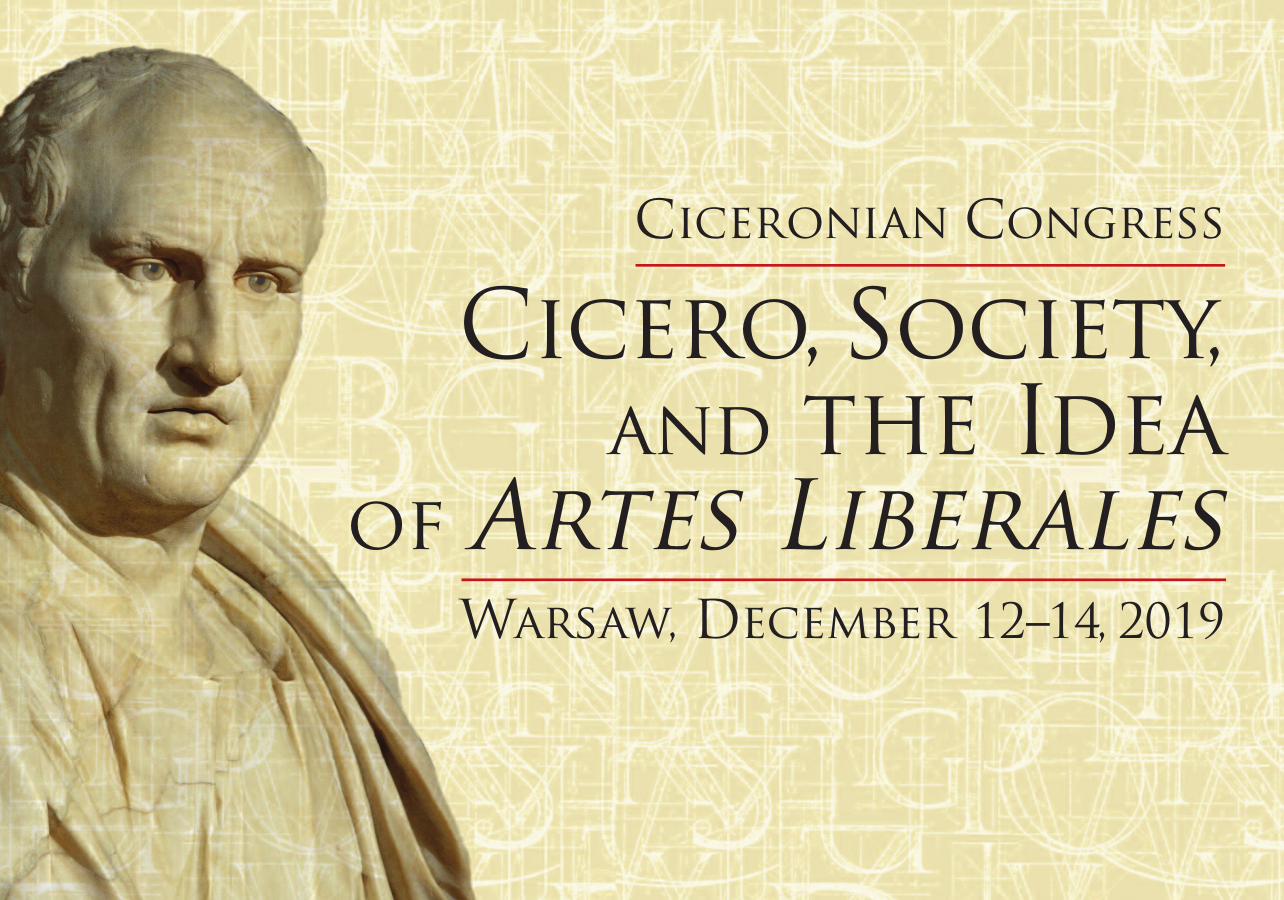«The Great Patrician of the Speaking Art»: Cicero, from the Republic of Letters to the English Republic
DOI:
https://doi.org/10.13135/2532-5353/5498Abstract
This article explores the reception of Cicero in early modern England, specifically his centrality to the humanist education programme and as an exponent of civilizing rhetoric. It is contended that throughout the sixteenth century humanists were highly selective in their appreciation of Cicero to the extent that the political contexts and arguments of his oratory were largely ignored. The Cicero celebrated for De officiis (one of the most popular texts in England) was rarely joined to the Cicero of the Philippics, countenancing tyrannicide, even though these texts were composed within months of each other. The surge of interest in classical republicanism in the period of civil wars and the establishment of the English Republic in 1649 marked a decisive change in the representation of Cicero. The transition is exemplified in the play The Tragedy of that Famous Roman Orator Marcus Tullius Cicero (1651). Here, as a supporter of regicide and exponent of the freedom from a tyrannical state, Cicero’s political voice powerfully resonates across time and place.
Downloads
Downloads
Published
How to Cite
Issue
Section
License
Authors who publish with this journal agree to the following terms:
- Authors retain copyright and grant the journal right of first publication with the work simultaneously licensed under a Creative Commons Attribution License that allows others to share the work with an acknowledgement of the work's authorship and initial publication in this journal.
- Authors are able to enter into separate, additional contractual arrangements for the non-exclusive distribution of the journal's published version of the work (e.g., post it to an institutional repository or publish it in a book), with an acknowledgement of its initial publication in this journal.


 Ciceroniana On Line is recognised by ANVUR (the National Agency for the Evaluation of the University System and Research) as a CLASS A journal for the Sciences of Antiquity, Philology, Literature and History of Art (
Ciceroniana On Line is recognised by ANVUR (the National Agency for the Evaluation of the University System and Research) as a CLASS A journal for the Sciences of Antiquity, Philology, Literature and History of Art ( The journal is included in DOAJ. The DOAJ listing of the journals is available at
The journal is included in DOAJ. The DOAJ listing of the journals is available at  The journal is indexed in
The journal is indexed in  The journal has been included in ERIH PLUS. The ERIH PLUS listing of the journals is available at
The journal has been included in ERIH PLUS. The ERIH PLUS listing of the journals is available at 

